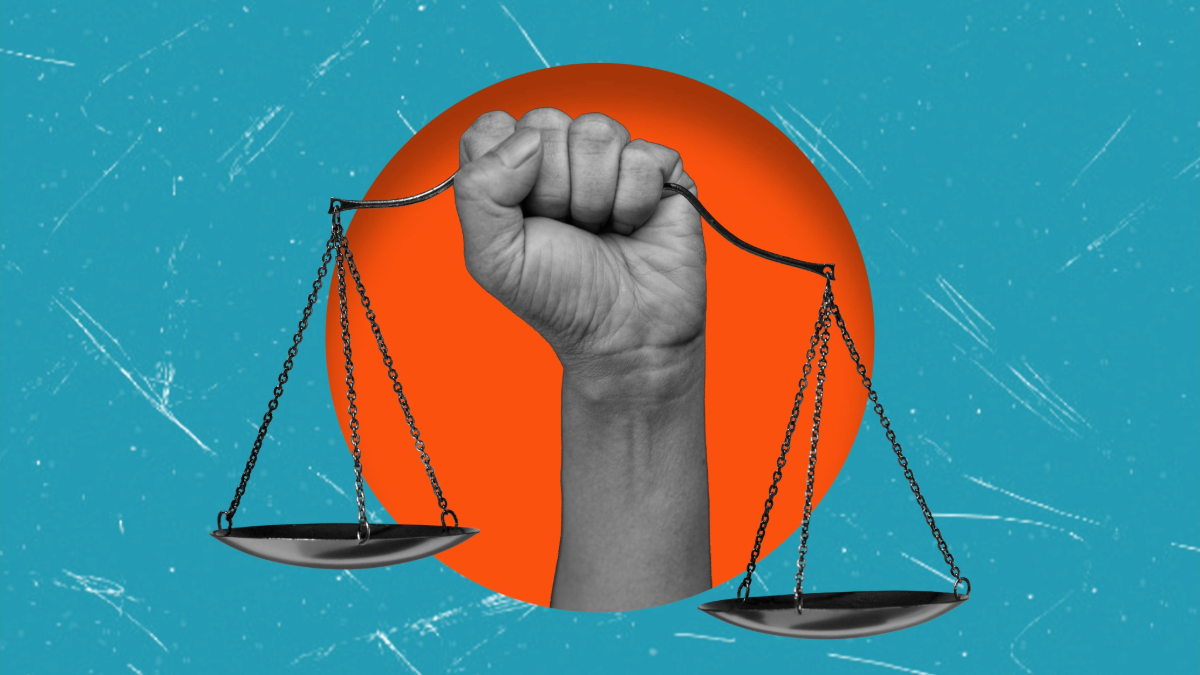Gig Workers United: Reimagining Global Justice in the Era of AI
Chandan Kumar, Anousha Peters, Mustafa Qadri, Aju John / Jun 4, 2025In a significant moment for the global labor movement, grassroots platform workers from 28 countries across six continents are gathering in Geneva this week on the sidelines of a historic International Labor Conference. For the first time in its history, the International Labor Organization (ILO) is holding formal discussions on setting global labor standards for platform-based gig work. Yet, while the ILO hosts these landmark talks, the very workers most affected by the outcome remain systematically excluded from the conversation.
In response to the exclusion of worker voices from official proceedings, roughly 70 regional and national gig worker organizations from around the world are gathering in Geneva for a convening titled “Gig Workers United: Reimagining Global Justice in the Era of AI and Emerging Platform Capitalism.” This parallel gathering aims to ensure that the perspectives of grassroots workers—especially from underrepresented communities in the Global South, are not sidelined but centered in shaping the global policy agenda.
The ILO’s role in this moment cannot be overstated. It has the opportunity to establish global standards that encourage member states to develop and update policies protecting the rights and livelihoods of platform workers—many of whom face challenging working conditions. In the absence of binding standards, tech companies risk perpetuating practices that contribute to the unequal treatment of workers, thereby limiting their visibility and job security.
This gathering isn’t just symbolic—it’s a strategic moment. Grassroots workers from both the Global South and North are meeting in person to develop a shared plan to counter the negative impacts of digital platforms on work. This isn’t only about workers’ rights—it’s also about democracy, gender equality, racial justice, and fair technology.
Our demand is clear: we call for full recognition as employees, with all corresponding rights. Platform companies must be held accountable as principal employers and can no longer be allowed to hide behind a legal framework that has destabilized labor markets across the globe.
Platform Power and the Global South
Nowhere has the rise of digital platforms had a more unfair impact on work than in the Global South. In countries like India, Brazil, and Kenya, platform jobs are often promoted as empowering—flexible, entrepreneurial, and freeing. But for many workers, this so-called “flexibility” means low pay, no job security, and little control. What platforms describe as freedom is often closer to algorithm-driven management, unstable subcontracting, and digital exploitation.
In India, for example, women gig workers face not only strict control from apps but also caste-based discrimination, sexual harassment, and a lack of formal employment protections. Migrant workers, especially students, often deal with exploitative contracts, off-the-books pay, and the threat of deportation as a way to keep them in line.
Even in the Global North, where labor laws are stronger on paper, platform companies often exploit legal gray areas. Workers are hired through third-party contractors, dismissed just before becoming eligible for benefits, and excluded from basic protections. On some European delivery platforms, for instance, migrant workers are frequently let go just before reaching six months of employment—a tactic aimed at avoiding union efforts and employer responsibilities.
Beyond the Platform, Against the System
Our movement believes the answer isn’t just fixing apps or changing performance metrics. We need to address the deeper systems that create insecure, low-paid work—like unfair visa rules, debt burdens, gender inequality in the workplace, and the power of big tech companies. Take international students, for example—many from South Asia. They often take on debt to study abroad, are limited by strict visa rules, and face the constant risk of deportation. Their vulnerability starts long before they join a platform—and the platforms take advantage of it.
That’s why our fight goes beyond gig work. We also challenge the financial, housing, and immigration systems that treat basic needs as products to be bought and sold. As strong, worker-led unions, we believe real justice means making education, housing, transport, and digital access affordable—not sources of profit.
The Geneva gathering is a launchpad for a long-term, worker-led global movement to confront and transform platform capitalism. Workers are committed to building a transnational coordination network with regional hubs in Africa, South Asia, Latin America, and Europe. For too long, the digital age has served the wealthy while leaving workers behind. We are here to change that.
We therefore call on the ILO to include the voices of grassroots platform workers—especially those from the Global South—in all discussions shaping international labor standards. Their lived experiences and insights are crucial to developing policies that accurately reflect the realities of the digital economy.
Authors




